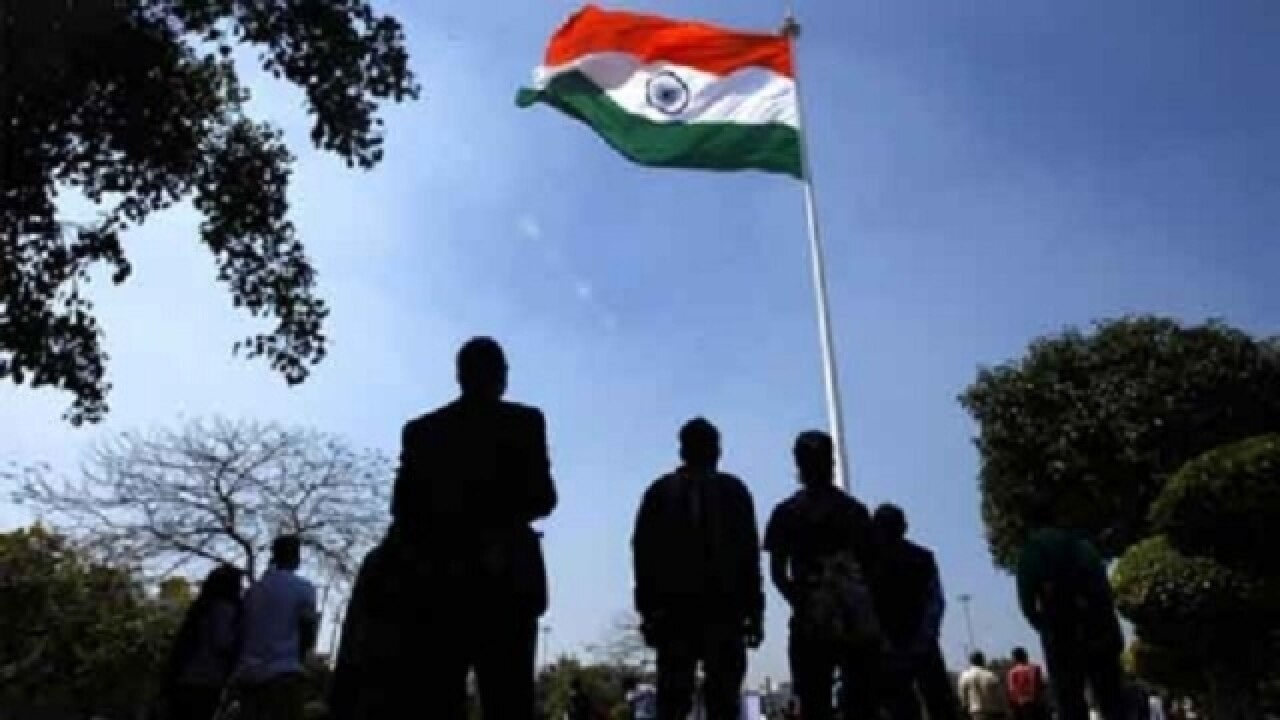
Is there ever a call to wear our patriotism on our sleeves? The British wear the Union Jack on their underwear and on their beach towels and on their socks. To the Americans, the Red White and Blue flutters from most American front yards and porches, irrespective of political leaning. In France, the Arc de Triomphe de l’Etoile has been a rallying point for French troops through history and for the French people under siege under all kinds of modern enemies. So much so that all Indian Facebook profile pictures sported the Tricolore when they were beseiged.
And why just the British, hoardes of visiting Indian tourists and immigrants in London throng to wave little flags at the passing Queen or to Nelson’s column at Trafalgar Square. Symbols that are neither enforced, nor questionable, nor hidden. If anything, they are flaunted, by those of us who least need to.
A working man in Old Scotia Bar, Glasgow once hissed at some attendees of the Commonwealth Games: “I hope you didn’t sing ‘God Save the Queen’ after what they did to you lot.” They assured him they didn’t, out of respect for Mahatma Gandhi, but that they had nevertheless stood, out of respect for the head of state in whose presence they found themselves. He snorted and went back to his beer. “Indians” he said, “I’d never have stood”.
It is at once a compliment and an insult that Indians take our respect to history and authority figures quite seriously. It is an ability to give respect that seems to define our identity.
Yet, those who do flaunt these symbols today—never the ones who take those foreign jaunts to wave at Her Majesty, but the middle-class ticket goer for whom the only link between nationalism and entertainment is the cinema theatre—become derision-worthy.
All other displays of nationalism in the country today, except perhaps for scaling Mount Everest, are essentially military—Republic Day, Independence Day, and flag hoisting.
This is essentially an extension of the derision that elite ruling classes have for the middle class need to celebrate the republic. From politicians like Shashi Tharoor, who argued against civil liberties over Brexit: ‘letting policies with wide ramifications be settled by the emotions of a moment will only ensure that popular sentiment holds sway” to Slavoj Zizek, who argued for ‘an invisible state, whose mechanisms work in the background’.
It seems that when the country begins to be reclaimed by the people, the people in charge suddenly find both, the people, and democratic systems, derisive.
A flag is waving. It’s ours this time. Stand already.